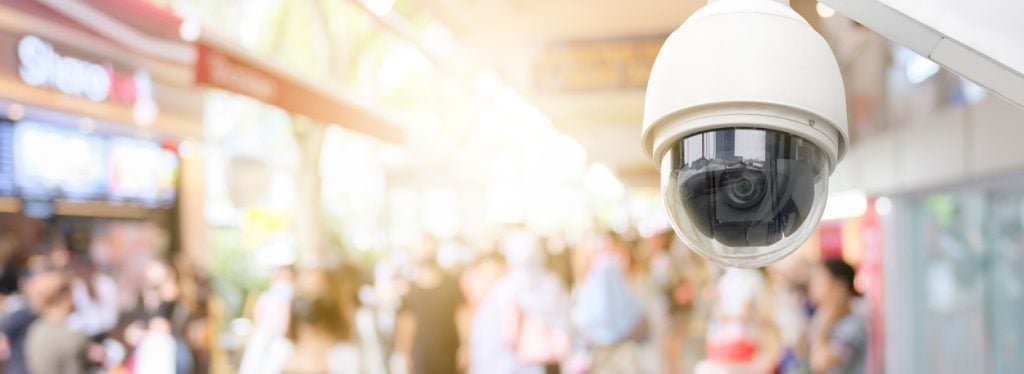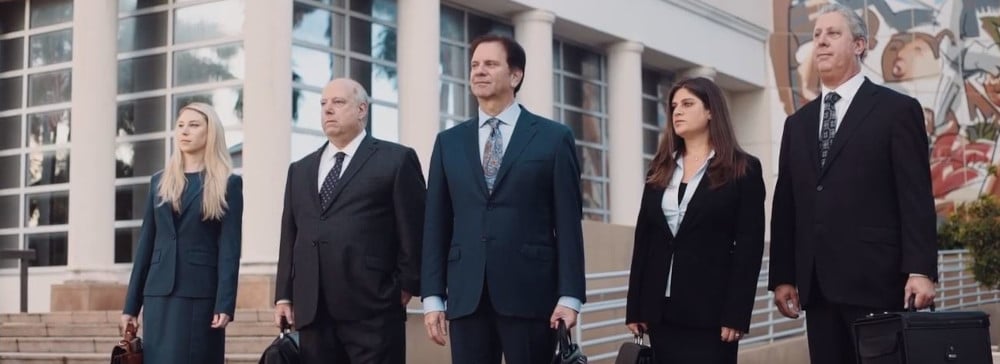Table of Contents
Under state law, adequate security is based upon the type of facility, location, and prior issues related to crime. To prove that a property owner provided negligent security, the plaintiff must demonstrate that the landlord had knowledge of similar criminal conduct occurring on the premises and therefore, the plaintiff’s injuries were reasonably foreseeable and could have been prevented by reasonable security.
If you were a victim of a violent crime due to inadequate security, the seasoned Broward County premises liability attorneys at Kogan & DiSalvo could review your case and determine if you have a valid claim. Broward County negligent security lawyers could help you collect the necessary evidence to hold the proprietor accountable for their careless actions.

A foreseeable crime is one where the premises owner knew or should have known of the specific third party’s inclination towards crime. A crime is not foreseeable if there were no similar prior crimes at or near where this incident occurred, and therefore, there was no zone of danger. Depending on the issues in the case, whether a crime was reasonably foreseeable is an issue of fact for a jury to determine. The courts consider the following factors when evaluating whether the crime in question was foreseeable.
Different courts in the state evaluate each factor differently. The Fourth District court of appeals uses a broad test to determine the similarity of prior crimes, as they allow evidence of prior dissimilar crimes to enter into evidence to prove foreseeability. This court also allows evidence of prior crimes even if they occurred off of the premises to prove the geographical proximity of prior crimes factor. To determine the temporal proximity of prior crimes, the Fourth district court of appeals uses a narrow test. Knowledgeable Broward County lawyers who have experience with negligent security cases could assess a plaintiff’s situation and determine if the crime committed against them was foreseeable.

Any property or business owner can be sued for inadequate security if a plaintiff can prove that they acted negligently. An injured party also may sue a security company that failed to implement proper security measures at a business. To prove that a property owner was negligent in providing proper security, the plaintiff must demonstrate that the proprietor knew about similar criminal behavior occurring on or near their premises.
Once a plaintiff provides evidence of this fact, then they may be able to establish that their losses were preventable had there been proper security measures. When a crime is foreseeable, then the owner had a duty to keep that premises safe. When a property owner does not have adequate security measures, they breach this duty of care and therefore may be negligent. If the security was adequate, then the defendant likely did not breach its duty to the plaintiff, regardless of whether the crime was foreseeable.

While experienced Broward County negligent security lawyers can help plaintiffs navigate the legal process, there are a few pieces of information that someone should know if they want to file an inadequate security case. First, claimants should understand that property and business owners have a duty to keep their patrons safe from foreseeable crime. Therefore, if a proprietor does not have reasonable security to prevent foreseeable crime, they may be held liable for crimes committed on their property. Potential plaintiffs should also be aware that they have two years after to file their claim or risk losing their opportunity to receive compensation.

The attorneys at Kogan & DiSalvo can help you hold a property owner responsible if you became injured after they failed to provide adequate security measures. Seasoned Broward County negligent security lawyers could guide you through the legal process and help you get through any obstacles you may be facing when filing your claim. Call today to schedule a free case consultation.
If you are injured and unable to come to us,
our attorney will come to you - there is no charge for us to do so.